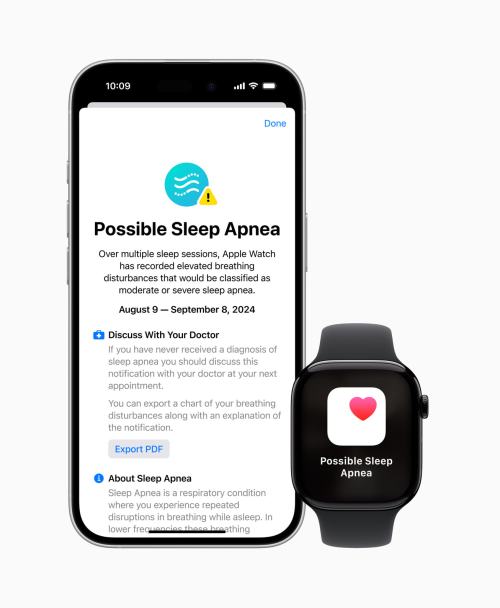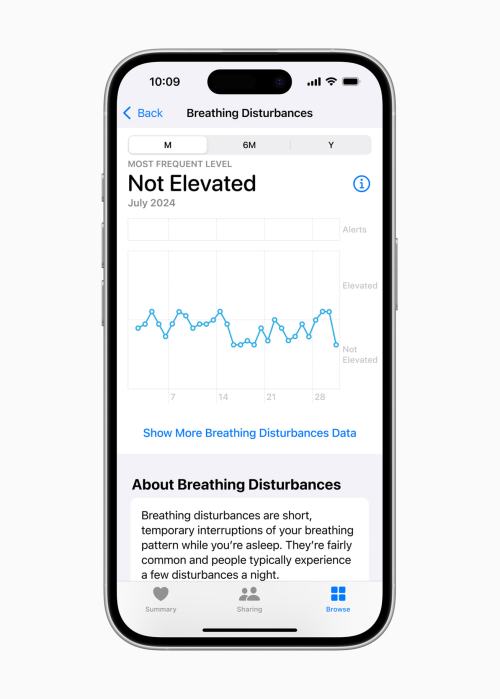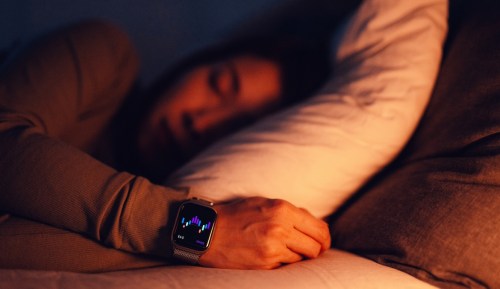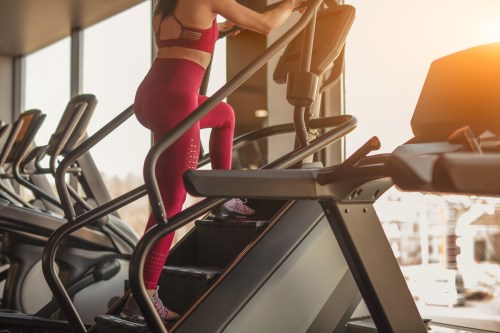Someone watching your breathing while you sleep all night every night would be downright creepy. But, sans human eyeballs, the new Apple Watch will do just that—and it can tell you if something seems off. Apple announced at its annual device debuts event today that the new Apple Watch Series 10 ($400)—available starting September 20—will come with the ability to measure breathing regularity, and it’ll even alert a user if their data indicates they might have sleep apnea.
Experts in This Article
Dr. Yerem Yeghiazarians is an interventional cardiologist at UCSF Medical Center. Dr. Yerem Yeghiazarians is co-director of the Adult Cardiac Catheterization Laboratory, director of the Peripheral Interventional Cardiology Program and director of the Translational Cardiac Stem Cell Program. He is an expert in managing patients with coronary artery disease, acute coronary syndromes, valvular heart disease, cardiomyopathies, and peripheral arterial diseases.
Sleep apnea is “a common condition in which your breathing stops and restarts many times while you sleep,” according to the National Heart, Lung, and Blood Institute. Although common, it’s a serious health concern, as it may lead to conditions such as high blood pressure, heart problems, stroke, diabetes, and mental health issues. It can also cause excessive daytime sleepiness, which ups your risk of getting into an accident while driving or operating machinery.

Sleep apnea is also under-diagnosed. According to the American Medical Association, about 30 million Americans have sleep apnea, but only 6 million of those people actually have a diagnosis. That’s a ratio the new Apple Watch feature is hoping to put a dent in.
Apple will do it by monitoring small wrist movements with an accelerometer in the watch, which it says are linked to sleep disturbances. These will be collected under a new metric called “Breathing Disturbances,” which you’ll be able to see graphed over time in the Health app. If you have regular breathing disturbances, an Apple Watch algorithm, trained on the breathing patterns of people with sleep apnea, will be able to determine if those disturbances indicate you might have the condition. If so, you’ll get an alert suggesting that you may want to see a doctor.

Making that leap from thinking hmm I should see a doctor to actually getting a diagnosis and treatment is where the rubber hits the road for many people, and why experts say the gulf between people with sleep apnea and those with a diagnosis is so large.
“Patients often think that in order to diagnose sleep apnea, they’ll have to spend the night in a sleep center,” Yerem Yeghiazarians, MD, an interventional cardiologist at the University of California San Francisco Medical Center and chair of the scientific writing group for the American Heart Association, previously told Well+Good about the link between sleep apnea and heart health. “so they may not bring it up with their doctor.”
Dr. Yeghiazarians notes that there are already home sleep study kits that people can use instead. But removing that extra barrier by having monitoring be regular and passive—using just the watch they wear anyway—might be able to make an even bigger dent in sleep apnea screening.
In a clinical study, Apple validated that all of the people who received sleep apnea notifications from the watch did indeed get at least mild sleep apnea diagnoses. Apple says it expects to receive FDA clearance for the feature, though it does not have it yet.
While a user can take three months of data to their doctor if they do get the notification, it’s not clear how quickly the Apple Watch will be able to tell if you might have sleep apnea. Well+Good has reached out to Apple for more information and will update this story if and when we hear back.
—reviewed by Angela Holliday-Bell, MD
Sign Up for Our Daily Newsletter
Get all the latest in wellness, trends, food, fitness, beauty, and more delivered right to your inbox.
Got it, you've been added to our email list.











